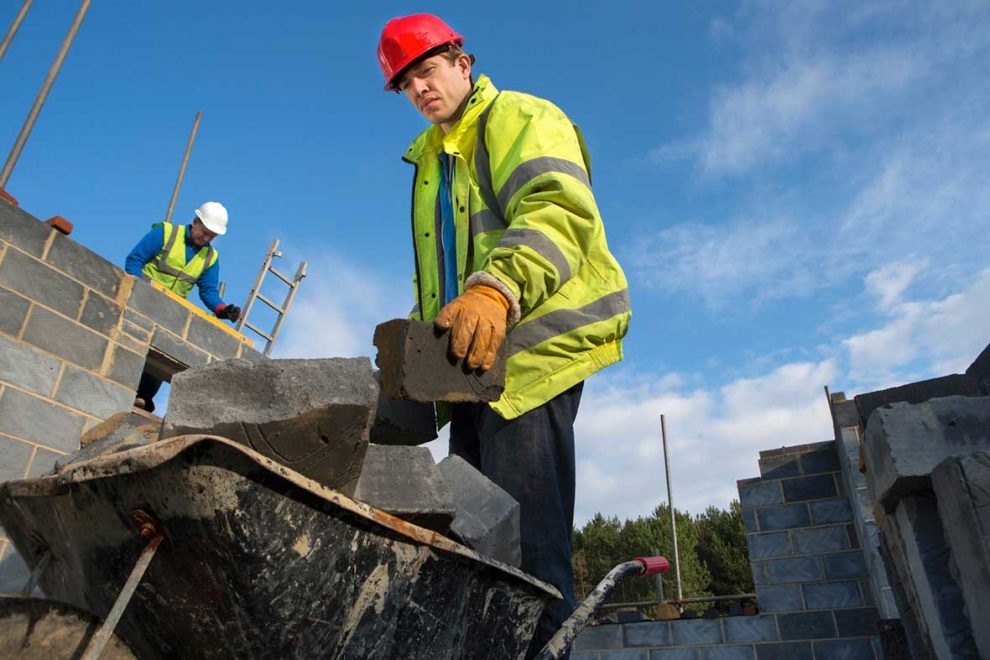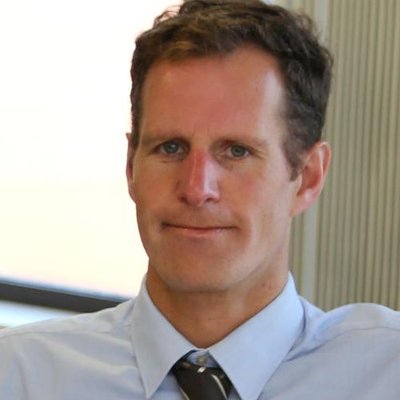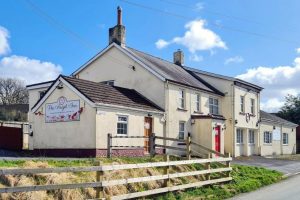REASSURANCES about how Swansea Council inspects buildings and enforces breaches in regulations have been sought after a report which one councillor described as a “damning indictment” of building control services in Wales and England.
Cllr Lynda James was responding to an Audit Wales report last year which didn’t single out Swansea but concluded that councils and fire services were unable to effectively ensure buildings were safe in Wales.
The auditor’s report followed an inquiry into the Grenfell Tower fire tragedy in London in 2017, which led to the deaths of 72 people, and the subsequent passing of new legislation – the Building Safety Act – parts of which apply to Wales.
Audit Wales painted a picture of an ageing building control workforce which faced budget challenges and competition from peers who worked in the private sector. It said there were 133 full-time building surveyors and managers working for Wales’s 22 councils in March 2022 – the equivalent of one for every 23,361 residents.
A council scrutiny meeting heard that Swansea’s building control team – excluding admin staff – currently stood at nine, including one apprentice and two newly-qualified technicians. There are three levels of competency for surveyors and only one of the nine has this highest level. The council is currently advertising two senior building control posts with a salary of £42,403 plus a 15% “market supplement”.
Tom Price, the council’s senior building control officer, said recommendations made by Audit Wales, such as a requirement for all building surveyors to become registered this month and prove their competency by sitting an exam, were being implemented. A new pay structure, he said, has also been put in place. “Long-term succession planning is key,” he said.
Councillors were told the authority would look to train apprentice surveyors in-house if they couldn’t be recruited from the open market.
“There is a long road for us to go, but we are planning for it,” said Mr Price, who added that a meeting was taking place next month between local authority building control services in Wales and the Welsh Government about this and other issues.
Councils are required to set and review fees they charge for building control work, and also consider ring-fencing and reinvesting income into the service by creating an earmarked reserve. Audit Wales said nine of the 12 councils which responded to its questions about fees did not comply with the regulations, with one local authority not changing their fees at all in the previous 10 years. “This is extremely concerning and poses significant risks to achieving value for money from the service,” said its report. Mr Price said the auditor was satisfied with Swansea’s fee-setting arrangements.
Another Audit Wales finding was that only a third of councils ring-fenced building control income, while half of all building control services in Wales operated at a deficit. Asked at the meeting if Swansea Council ring-fenced building control income, Mr Price said: “That’s one we are working on.” He said he’d provide a fuller response in writing.
Cllr James said of the Audit Wales report: “It’s a very damning indictment of building development and building control right across Wales, but England as well.” She said it seemed that Swansea Council was acting on the recommendations.
The Audit Wales report pointed out that only council building surveyors – rather than private sectors ones – could enforce and prosecute when building regulations were breached. It said the time and cost of taking property developers to court was a challenge, and that more broadly there was an “inherent weakness” in the system because council building surveyors needed to secure work and generate income while also acting as a regulator and enforcer.
The auditor added that the relationship between council and private building inspectors was “at best limited and at worse epitomised by a lack of trust and scepticism about the actions of each other”.
Cllr Chris Holley, who chaired the meeting, said there was significant public interest in building control since the Grenfell tragedy, and that he would like to see annual reports about Swansea’s team in the years to come.
Cllr Holley also felt creating an earmarked reserve was crucial. “I think that’s something we need to take up at a political level,” he said.
Deputy council leader, Cllr David Hopkins, said: “That’s exactly what we are doing. We want to be more commercially viable and reinvest, if we can, within the department.”
The Welsh Government said it had developed a phased timetable for the implementation of the Building Safety Act provisions which applied to Wales. These focus mainly on the reform of the building control system.




















